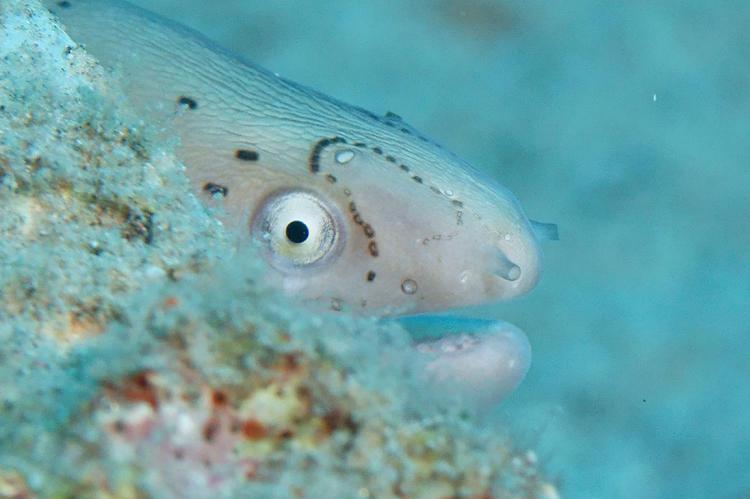Acidification leads to anxiety in fish
Increases of carbon dioxide uptake in the oceans leads to more anxious fish a new study shows.
Scientists at Scripps Institution of Oceanography at UC San Diego and MacEwan University in Edmonton, Canada, have shown for the first time that rising acidity levels increase anxiety in juvenile rockfish-
Using a camera-based tracking software system, the researchers compared a control group of rockfish kept in normal seawater to another group in waters with elevated acidity levels matching those projected for the end of the century.
They measured each group's preference to swim in light or dark areas of a testing tank, which is a known test for anxiety in fish. The researchers found out that normal juvenile rockfish continuously moved between the light and dark areas of the tank.
Anxious fish hide
However, experiments have shown that fish administered with an anxiety-inducing drug prefer the darker area and seldom venture into the light. Hence, dark-preference is indicative of increased anxiety in juvenile rockfish.
Next, the researchers found that rockfish exposed to acidified ocean conditions for one week also preferred the dark area of the tank, indicating they were significantly more anxious than their normal seawater counterparts.
Rockfish exposed to acidified ocean conditions remained anxious even one week after being placed in seawater with normal carbon dioxide levels. Only after the twelfth day in normal seawater did the anxious fish behave like the control group and resumed normal behavior.


